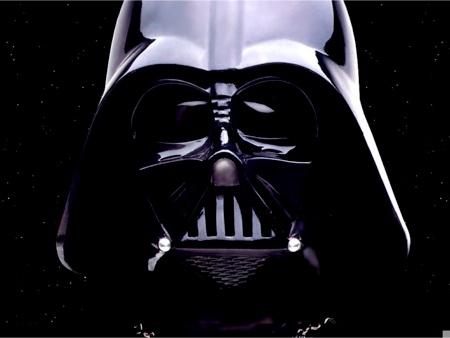A better poll question would be, “Is the Telegraph always this horribly and incompetently written?” We could also ask, “Are Christians always this stupid?”
There was recently a public discussion between Richard Dawkins and the Archbishop of Canterbury. Look what surprised the audience and the article’s author:
There was surprise when Prof Dawkins acknowledged that he was less than 100 per cent certain of his conviction that there is no creator.
The philosopher Sir Anthony Kenny, who chaired the discussion, interjected: “Why don’t you call yourself an agnostic?” Prof Dawkins answered that he did.
An incredulous Sir Anthony replied: “You are described as the world’s most famous atheist.”
He’s a scientist. We’re never absolutely certain of anything, and one thing you’ll hear over and over from any competent scientist is that all knowledge is provisional, subject to revision if better evidence is brought to bear on it. What Dawkins said was not novel — and if anyone had actually read The God Delusion, they’d know that this explanation was right in there.
And what kind of philosopher is unaware that you can be both agnostic and atheist at the same time? I don’t have knowledge of any gods, but my knowledge of the universe and the absence of evidence from proponents of god-belief, as well as their inability to provide an adequate epistemology of belief, has convinced me that the existence of such beings is so vanishingly unlikely that I reject all gods. I will continue to do so until the believers bring out reasonable, compelling evidence for a clearly stated hypothesis. What’s so hard about that?
Unfortunately, here’s the flamingly stupid question the Telegraph chose to run instead.
Does God “clutter up” explanations of how the universe began?
Yes, there is no place for religion in science 26.69%
No, a theory of creation is compatible with the Big Bang 73.31%
I don’t give a flying fart whether a fairy tale is “compatible” with a scientific theory; that usually just means the fairy tale says nothing about the phenomenon. What matters is whether the story provides any testable evidence, and no, the Bible does not, therefore it is irrelevant.



